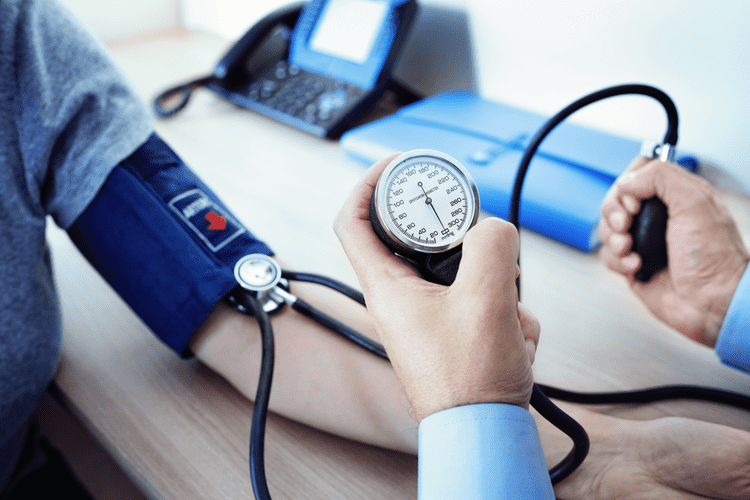Embryonic stem cells that change as a result of the mother’s alcohol consumption early in pregnancy could even impact adult tissue later on. It’s recommended that if you’re pregnant or planning to become pregnant you should not drink alcohol. Later in life, babies with FASDs may be more likely to display vision, hearing, learning, behavioral and social problems.
Texas A&M Researcher Says Men Should Abstain From Drinking At Least Three Months Prior To Conceiving – Texas A&M University Today
Texas A&M Researcher Says Men Should Abstain From Drinking At Least Three Months Prior To Conceiving.
Posted: Wed, 13 Dec 2023 20:47:06 GMT [source]
Especially if you’ve heard of moms who drank a glass of wine here and there (or even nightly) during pregnancy and delivered perfectly healthy babies. If you have a problem with alcohol, don’t be ashamed to ask for help. https://ecosoberhouse.com/ Addiction is a disease, and most people can’t manage it on their own. Your doctor can refer you to a therapist or program that may be able to help. The sooner you get help, the better life will be for you and your baby.
Drinking before you know you’re pregnant
Those with alcohol-related birth defect can have structural abnormalities of the heart, kidneys, and bones. Some women may have been reassured by a study that was published in October 2010 in the Journal of Epidemiology and Community Health. If you’re pregnant and wondering if it’s OK to indulge in the occasional small glass of merlot or to sip a little champagne on New Year’s Eve, the advice you receive may be confusing. However, identifying and intervening with children with these conditions as early as possible can help them to reach their full potential.
If you drank alcohol before you knew you were pregnant or before you knew that alcohol could harm your baby, stop drinking now. If you were not aware that you were pregnant and you drank alcohol, the best thing you can do now is to STOP drinking immediately. People with alcohol-related neurodevelopmental disorder can have intellectual disabilities and issues with behavior and learning. School is often challenging and they have difficulty with math, memory, attention, judgement, and poor impulse control.
What Are Fetal Alcohol Spectrum Disorders?
However, another study found that the further into the pregnancy alcohol was consumed, the higher the risk of miscarriage. Because of this, and since it’s always possible for alcohol consumption to cause problems, it’s important to stop drinking as soon as you find out you’re pregnant (or even if you suspect you could be). Talk to your healthcare provider about any concerns you have, and take steps to have a healthy pregnancy. Talk with your healthcare provider about any exposures you have during pregnancy, including alcohol use. Ultrasounds can look for some birth defects, and can watch the baby’s growth. There are no screenings or tests available during pregnancy that can tell if alcohol has caused intellectual disabilities, learning problems, or if it will affect future behavior.
During the pandemic, people in the U.S. purchased markedly higher amounts of alcohol. A report out of Columbia University found that Americans bought nearly $42 billion worth of alcohol from March to September 2020 – an increase of 20% compared to the same seven months in 2019. You can get help from a doctor or other healthcare professionals, your religious adviser, a mutual-support group, or other support people. Drinking less than this amount has also been known to lead to FASD. This is why we regard any amount of alcohol consumption during pregnancy as being unsafe. Other doctors feel that pregnant women shouldn’t worry about having a small drink every once in a while.
Alcohol and Pregnancy: Is ‚A Little Bit’ Safe?
The best thing you can do for your baby is to avoid further use of alcohol during your pregnancy. Your baby is in a constant state of growth and development over the entire course of your pregnancy. During the first four weeks of pregnancy, your baby’s heart, central nervous system, eyes, arms, and legs are developing. Your baby’s brain begins to develop around the third week and continues to mature through the rest of your pregnancy. There is no known safe amount of alcohol that you can consume if you are pregnant. It is best to discuss any drinking patterns with your healthcare provider.

If you drank alcohol before you realized you’re pregnant, don’t panic. However, researchers have found that some drinks contain greater amounts of alcohol than claimed on their labels – even some labeled „alcohol-free.” You may find it easy to stop drinking while pregnant, especially if you don’t drink much normally, or if you suddenly find alcohol repulsive due to food aversions or morning sickness. But for some expecting moms, it can be a lot more difficult. But even babies exposed to smaller amounts of alcohol in utero can develop FASD or a number of mental, physical, or behavioral problems.
Some studies have shown an increase in fertility problems with heavy alcohol use. Although some of the lifelong effects of FASD can be recognized early, other issues become apparent later in life. alcohol during pregnancy While early diagnosis and treatment can improve the child’s health and behavior, there is no cure for FASD currently. Copyright 2023 by the American College of Obstetricians and Gynecologists.
Centers for Disease Control (CDC), fetal exposure to alcohol is one of the main preventable causes of birth defects and developmental problems in this country. According to a recent CDC report, 10 percent of pregnant women in the United States reported drinking alcohol in the last 30 days. Up to 40,000 babies are born with an FASD each year in the U.S.

